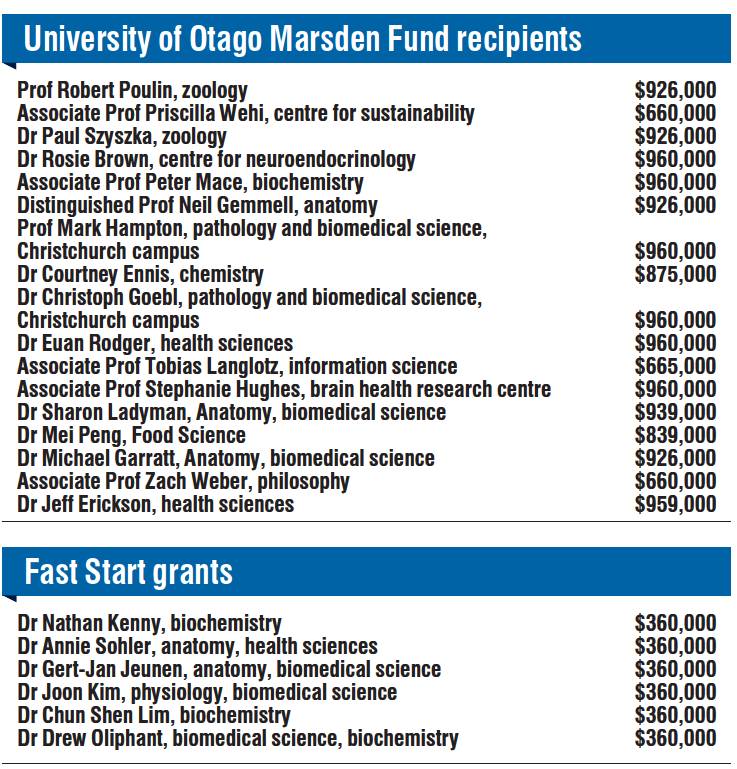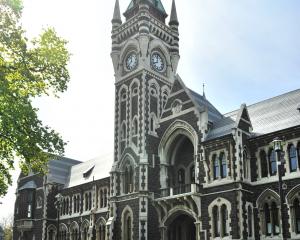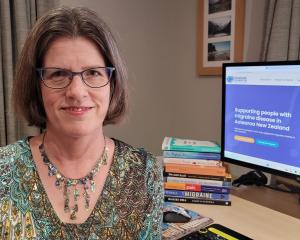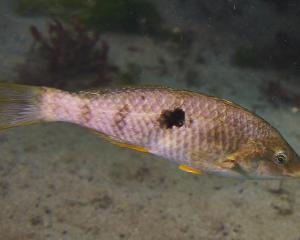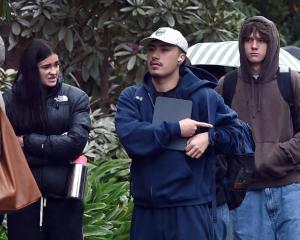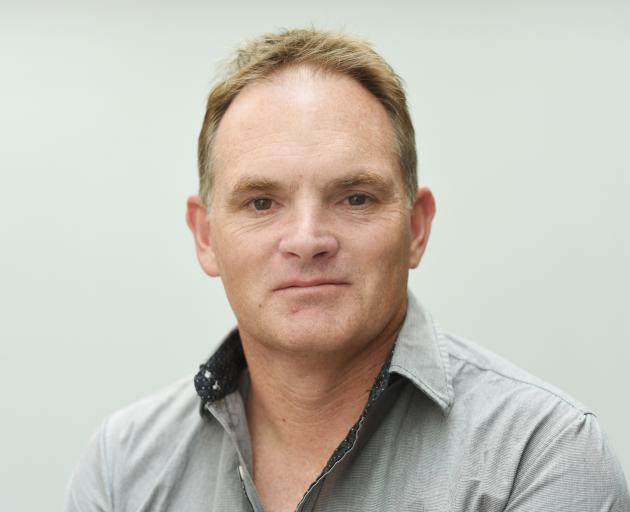
Prof Mark Hampton, of the department of pathology and biomedical science, secured $960,000 from the Te Putea Rangahau a Marsden to investigate what happens in cells as people age.
His study was one of 23 University of Otago projects to receive $17.2 million of the $82.345 million allocated to 120 research projects throughout New Zealand.
The Marsden Fund grants, which support research in the humanities, science, social sciences, matauranga and mathematics fields, are distributed over three years.
Prof Hampton said the funding would help him investigate red blood cells’ recovery from oxidative stress and why it appeared to differ between people.
Extending the lifetime of stored red blood cells would be valuable for improving the quality of blood used for transfusions.
More broadly, changes in how red blood cells coped with oxidative stress may reflect what is happening in other cells in our body as we age.
Prof Hampton said understanding what happened in cells as people aged would be important to help reduce the impact of age-related diseases.
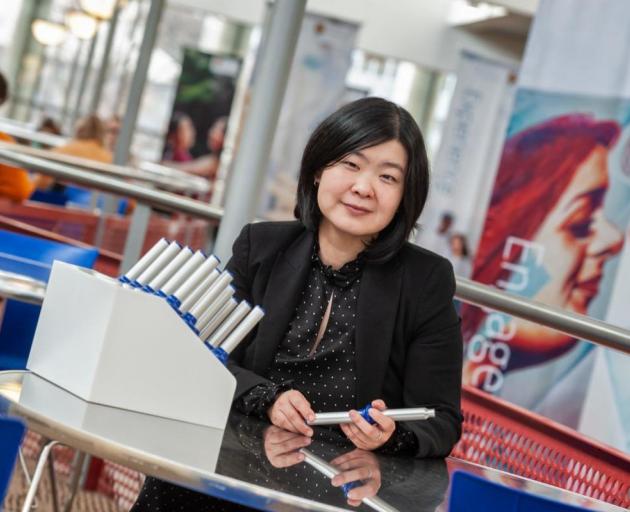
Her team will use pregnancy as a natural model to understand how the human brain adjusts to changing metabolic needs through food choices.
The Marsden funding will be used to develop a longitudinal project that will track a group of New Zealand women through the course of their pregnancies.
Dr Peng said her research will develop multidisciplinary skills that are necessary in addressing the global obesity epidemic and will help explain factors influencing postnatal health, therefore improving mothers’ psychological and physical wellbeing.
